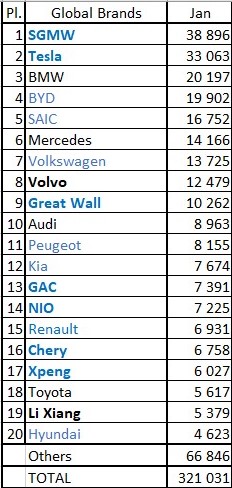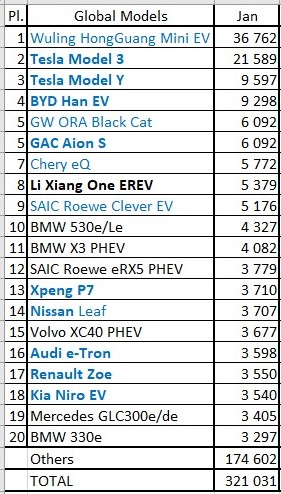MC3OZ
Active Member
exported coal- something that's likely to remain a thing for a while yet as not every country is gonna have a next-gen transition as far as every other.
The economics of solar v coal doesn't significantly vary that much by location and country.
Many colder climates with reduced solar, have good wind resources, including off-shore wind.
Political corruption is the only reason why investment decisions don't always follow a path of pure economics.
Many developing countries, don't have a grid, can't afford a grid, and don't need a grid, with no grid, solar is a much easier path.
People in developing countries are smarter and better informed, than many give them credit for.
The numbers on Robotaxi's and EVs are similar, EV Robotaxis are a stellar option for developing countries, where there is often more community spirit, less fuss about possessions and personal space, and more willingness to share.
We are currently successfully dumping excess 2nd hand ICE vehicles in developing countries, but people in these countries are smart enough to take the better option when given a choice.
The transition to clean energy and transport will do a lot to make lives better in developing countries, microloans based on blockchain, and internet connectivity will also do a lot. The opportunity is big for them, because they have a lot to gain, and nothing to lose.





